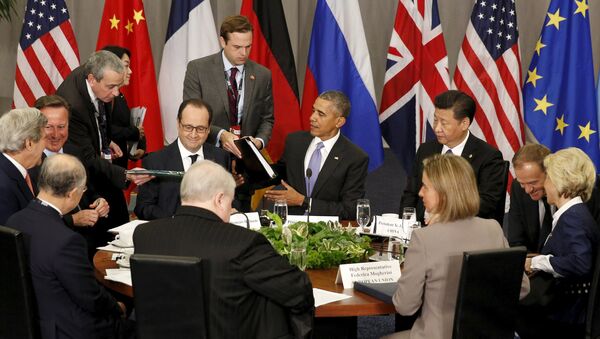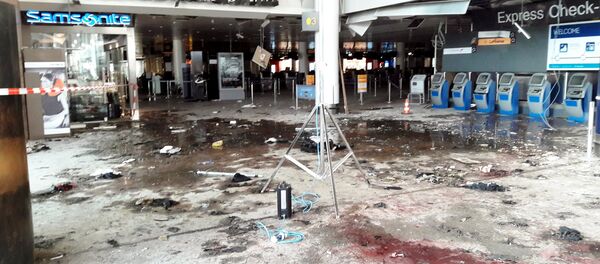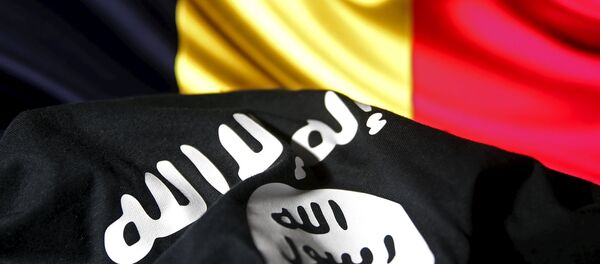Amid concerns that terrorist groups — such as Daesh, also known as ISIL — are determined to source a 'dirty bomb', Obama said:
"I think a focal point of the discussion is going to be on what are we doing around intelligence and information sharing? How can we make sure that that's happening as fast as possible?
"How can we make sure that we are aligning our respective protocols, so that we're able to better monitor foreign fighters who may be leaving Iraq and Syria, and trying to come not just to Europe but to other countries?" he said.
His comments come in the week that it was revealed the US FBI warned the Dutch authorities about the Belgian brothers Ibrahim and Khalid El Bakraoui, a week ahead of the March 22 attacks in Brussels which killed 34 people, excluding the attackers.
In the aftermath of the Brussels bombings, the Belgian police and intelligence services have been heavily criticized for a lack of coordination, with the police accused of being uncoordinated and out-of-touch with the communities they serve. There was heavy criticism of the fragmented structure of the country's law enforcement agencies.
Jihadist Under the Noses of Police
It also emerged that Abdelhamid Abaaoud — one of the terrorists who took part in the series of attacks on November 13, 2015 in Paris killing 130 people and injuring hundreds more — was able to cross from Europe by ferry and meet jihadists in the UK, despite having an international arrest warrant out on him.
.@POTUS on a call w/ his Homeland Security Advisor about #Brussels attacks. He also spoke w/ @CharlesMichel today. pic.twitter.com/rSg0LQh0lW
— Josh Earnest (@PressSec) March 22, 2016
Abaaoud, along with other attackers — including Salah Abdeslam, who was also known to the law agencies — was also able to travel unchecked between Syria and Europe, bringing calls for better intelligence-sharing. Abdeslam was shot and arrested on March 18 and is currently being interrogated in Belgium. However, security experts have expressed concern that he was able to remain in Brussels undetected for four months.
It has also emerged that French intelligence agents had interviewed a jihadist who had returned from Syria in June 2015 and who said he had met Abaaoud. The jihadist told the officers that Abaaoud discussed soft targets in Paris that would involve mass killings. He spoke of "finding an easy target, a concert for example, where there are [a lot of] people. Imagine a rock concert in a European country, if we gave you arms, would you be prepared to fire into the crowd?" he said.
One of the November targets was the Bataclan music venue where most of the 130 people died. Other soft targets were the Stade de France, where a match was being played, cafes and restaurants.
"Our European allies could more effectively share intelligence with one another and with the United States in a way that would enhance the security of all our citizens. And we continue to make that case," White House Press Secretary Josh Earnest told reporters.




